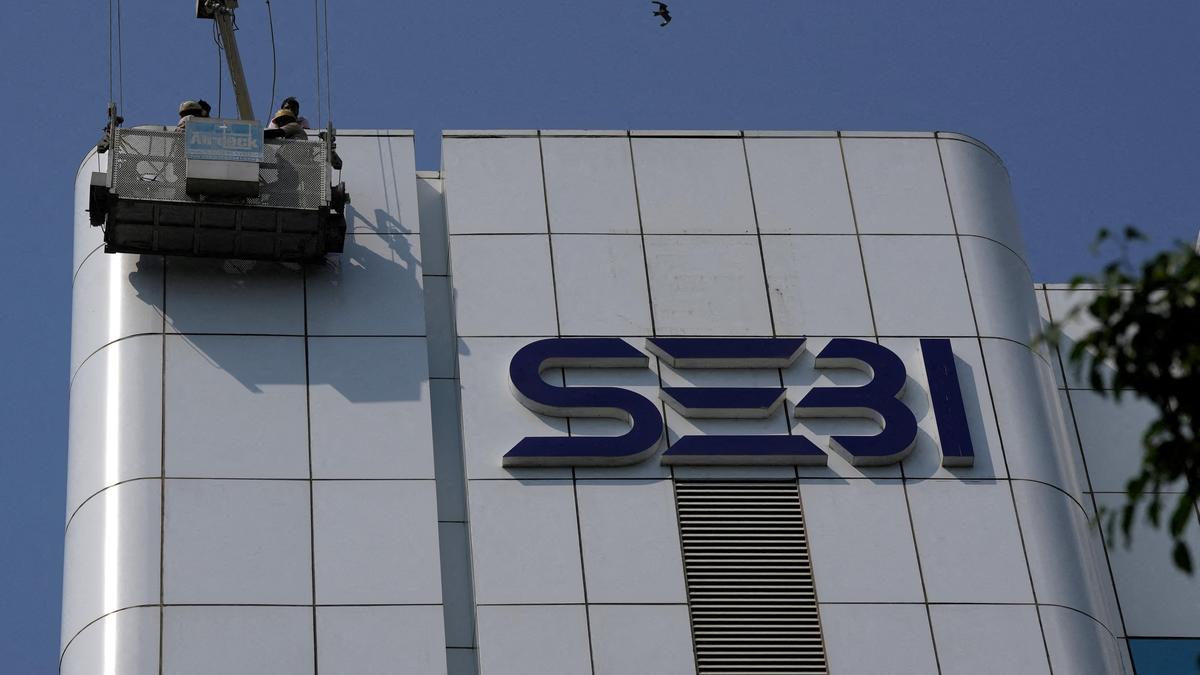Copyright thehindubusinessline

Domestic institutions have lately attracted a lot of criticism for jostling with retail investors to bid in over-priced Initial Public Offers (IPOs), in India’s super-heated primary market. Therefore, it is surprising that mutual funds should want to dabble in an even riskier segment — shares in unlisted firms. Securities and Exchange Board of India (SEBI) has recently asked mutual funds to desist from investing in private share placements from unlisted companies. SEBI has drawn attention to Clause 11 of the Seventh Schedule of the SEBI (Mutual Funds) Regulations, 1996, which mandates that all investments by MFs in equity shares must be made only in listed securities or ‘to be listed’ securities. Some mutual funds seem to have interpreted the “to be listed” part liberally, to buy up shares in private firms with no IPO plans in the near future. SEBI’s move to put a decisive stop to this practice was much needed, given the fiduciary responsibilities of mutual funds. In the last five years, India’s private markets have come of age with scores of venture capital-funded firms scaling up. A large pipeline of companies waiting to go public has given rise to a thriving, but wholly unregulated market for shares in private companies. Employees, angel investors and venture capital funds offload their shares to HNIs and family offices looking to stockpile them ahead of a future IPO. But if investing in unlisted firms is a risky strategy for these entities, it is doubly so for mutual funds. One, as all transactions in unlisted shares happen outside exchange platforms, there is no transparent order book or valuation to verify the price. Often given the scarcity factor, buyers pay hefty commissions and accept steep prices quoted by a market intermediary. Unlike listed shares, investing in private firms is a shot in the dark with once-a-year filings with the Ministry of Corporate Affairs being the only source of financial information. Two, unlisted shares can experience large swings in their valuation based on business performance, market fancy for it and new rounds of fund-raising. Such shares can therefore expose mutual fund schemes to large losses. Sometimes IPO plans get deferred indefinitely, closing the exit window for pre-IPO investors. Mutual funds which offer anytime exit to investors, cannot afford to take on such illiquid instruments. Finally, there is no guarantee that stock prices discovered in the IPO will be higher than those in private markets. In recent months, there have been cases like HDB Financial and NSDL where IPO prices had to be set at a 15-40 per cent discount to the pre-IPO price. Such instances could lead to large write-offs for mutual funds. Therefore, it is best that mutual funds stay in their lane and invest only in listed instruments with good liquidity and transparent valuation. They already have the opportunity to bag firm allotments in IPOs as anchor investors and should be content with this. Published on November 7, 2025



